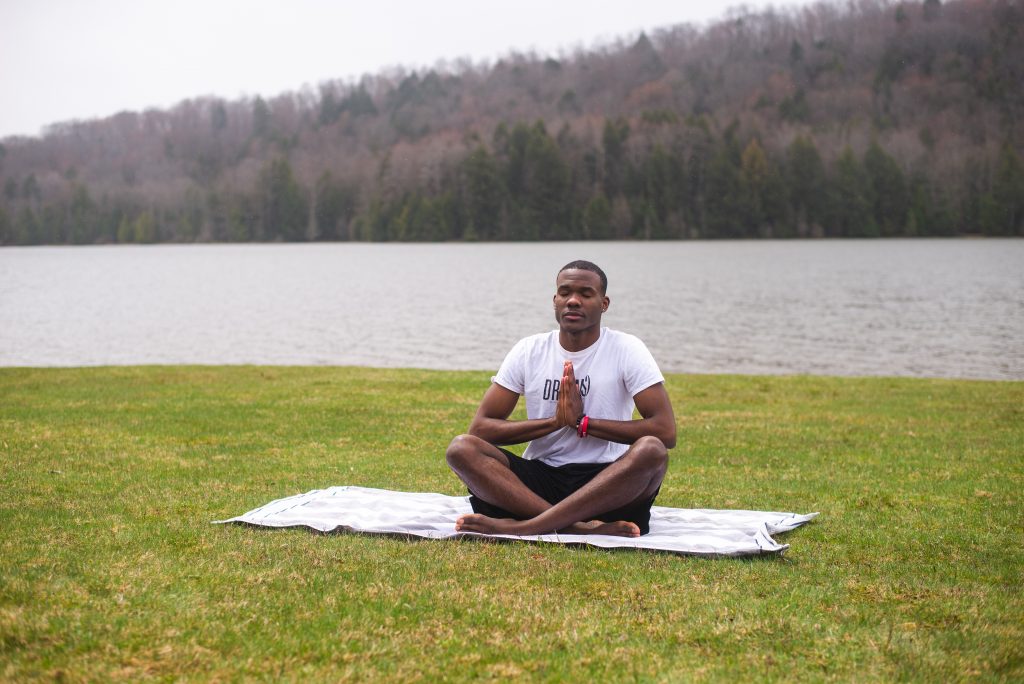
Sometimes we get so wrapped up in the fun that comes with summer break that we tend to forget to have some alone time with ourselves. There’s many things you can do during this alone time. You could catch up on sleep, or maybe you could read. You could just watch movies all day and spend a relaxing day in bed. There’s something else you may not have considered doing: meditation.
Meditation is helpful for keeping your mind calm and peaceful. Many of our problems are aggravated by stress, but through meditation, we won’t need an external thing to escape our stress; we’ll be able to do it on our own. The relaxation that comes with the meditation can lead to lower blood pressure, improved blood circulation, less anxiety, more feelings of well-being, less stress and even more benefits.
Erika Korzeniewski, a senior double-majoring in psychology and Spanish, teaches yoga in the East Gym and conducted research on mindfulness. She describes meditation as “the practice of focusing on one thing, whether that’s breathing, a mantra, or something else.” By meditating, you are disconnecting from all the stresses and thoughts that trouble you.
“Allowing space to get to know yourself when you remove all outside distractions is truly powerful,” Korzeniewski said.
One of the easiest ways to meditate is to focus on your breathing.
In order to do a simple breathing meditation, sit comfortably in a quiet space. You can sit in a cross-legged position or in any position that’s comfortable to you. You could sit in a chair, but just make sure your back is straight. This keeps your mind from becoming sluggish or sleepy. Keeping your eyes partially closed, you’ll then focus on breathing. You’re not changing the way you breathe, but instead you’re breathing naturally through the nostrils. You then pay attention to the sensation of breathing in and out through the nostrils, also noticing how your body moves to the breathing. By focusing on that, it becomes the object of your meditation, and you’ll also be excluding all the other external things. It would make it easier to start off by doing this for short periods of time, but as you get better at it, you could try doing it for longer.
While doing this, you’ll notice just how busy your mind really is. There’s a lot of thoughts that will go through your head.
“[Your mind] will wander off and that is normal,” Korzeniewski said. “You’re starting to get meditation when your mind wanders off and you notice enough to bring it back.”
After a while this will start to give you a sense of inner peace and relaxation. You’ll get a sense of contentment from being able to control your mind. You just have to bring your mind back to focusing on the breathing.
“Meditation has allowed me to take a step back and look at things rather than react on my initial emotions,” Korzeniewski said. “Meditation has allowed me to spend quality time with myself and become comfortable and confident in who I am.”


